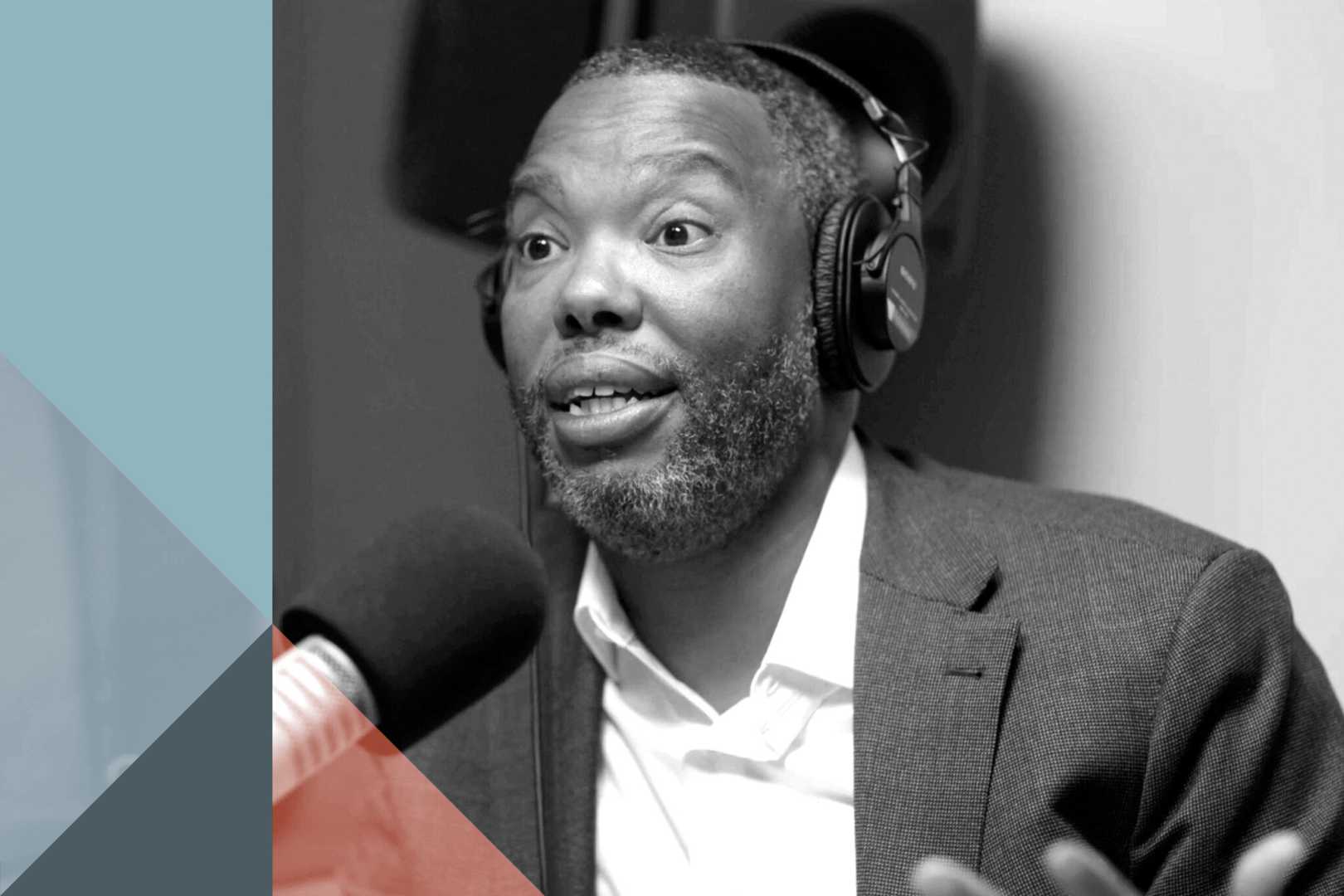Politics
Ta-Nehisi Coates Discusses Politics and Legacy After Charlie Kirk’s Murder

NEW YORK, NY — In a recent episode of his podcast, Ezra Klein hosted author Ta-Nehisi Coates to discuss the political landscape following the murder of conservative activist Charlie Kirk. Coates critiqued President Donald Trump’s remarks about political opponents, asserting that hate should not be normalized in the political discourse.
Klein opened the conversation by emphasizing the need for dialogue across political divides, especially after incidents of violence like Kirk’s murder. Coates pushed back, highlighting the troubling legacy of Kirk, whom he deemed a ‘hate monger’ for his divisive rhetoric. Coates stated, ‘I have a politic that rejects violence, that rejects political violence. I take no joy in the killing of anyone, no matter what they said.’
The discussion touched on the broader implications of political violence in America today, with Coates recalling the historical context of political assassinations and violence experienced by marginalized communities. He stressed the importance of recognizing the gravity of such events rather than simply mourning the deceased.
Both voices expressed concern about the current state of politics, with Klein noting a growing disconnect between parties and voters. Coates observed that the political coalition on the left was becoming increasingly fractured, which he believes weakens its ability to respond to growing political hostility.
Despite their differences, they both acknowledged the importance of continued conversation about bridging divides in politics. Coates raised the critical question of when and how engaging with differing viewpoints becomes a moral issue, suggesting that doing so can sometimes feel like a betrayal to those who suffer from the effects of hateful rhetoric.
Klein concluded the dialogue by exploring the role of writers and public intellectuals in these discussions, underscoring the need for political strategy that does not abandon marginalized voices. ‘Ultimately, it’s a contest of ideas and narratives,’ Coates asserted, advocating for a commitment to humanity and equality.












